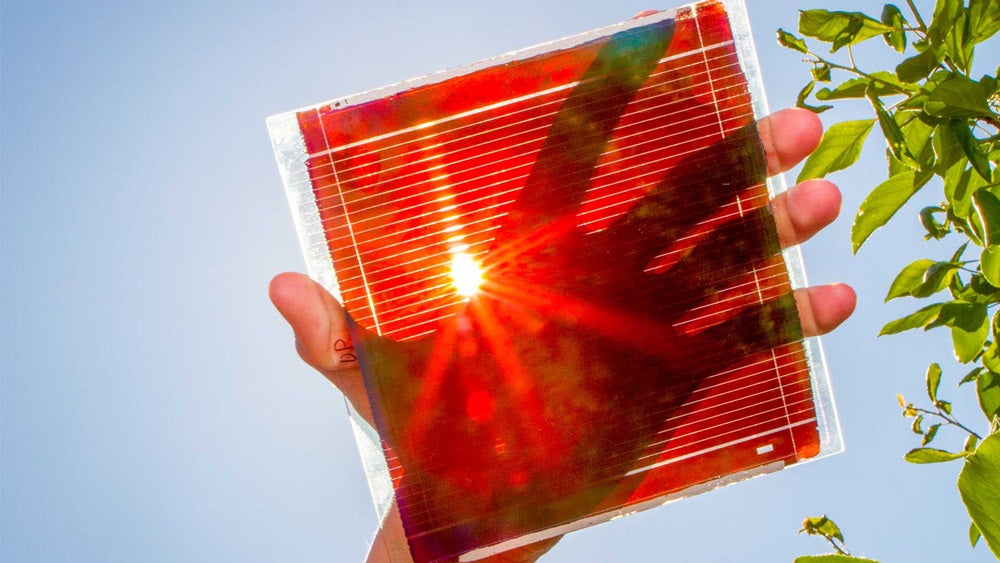The latest report from Kings Research reveals the impressive growth trajectory of the global Electric Van Market, reaching USD 15.64 billion in 2022 and projecting a substantial expansion to USD 104.29 billion by 2030. The compound annual growth rate (CAGR) over the forecast period of 2023-2030 is estimated at 26.76%. Key factors driving this surge include the escalating costs of gasoline and diesel, coupled with heightened consumer awareness regarding the benefits of electric vehicles.
Market Dynamics
Electric vans, equipped with electric motors and rechargeable batteries, offer a sustainable alternative to traditional fuel-powered counterparts. The market has witnessed significant growth due to environmental concerns, reduced greenhouse gas emissions, and lower operational costs associated with electric powertrains. The simplicity and cost-effectiveness of maintaining electric powertrains contribute to their increasing adoption.
Renowned Collaboration
Renowned companies like Renault, Volvo, and CMA CGM have joined forces in the electric van sector. Their strategic partnership aims to fortify Renault’s presence in the electric vehicle market. The collaboration involves a substantial investment of €300 million over the next three years, focusing on advancing the electric van project. CMA CGM, through its energy fund PULSE, plans to invest €120 million, aligning with its commitment to decarbonizing the transport and logistics sectors.
Market Competitiveness
Key players in the global electric van market are prioritizing product innovation to maintain a competitive edge. For instance, Mercedes-Benz introduced the EQT and eCitan models in Europe, emphasizing compact versions and hatchback variations. Such initiatives underline the industry’s commitment to advancing technology and enhancing product offerings.
Battery Capacity Impact
The segment with above 50kWh battery capacity leads the global electric van market. Larger battery capacities are favored for long-distance travel due to their improved performance and acceleration. The size and weight of the battery significantly influence overall vehicle performance, making larger capacities more appealing to consumers.
Commercial Applications Driving Revenue
Commercial applications generated the highest revenue in the global electric van market in 2022. The surge in demand is attributed to environmental concerns, stringent emissions regulations, and financial incentives. Businesses recognize the advantages of integrating electric vans into their fleets, including cost savings, environmental benefits, and enhanced brand visibility.
Sustainable Transport Initiatives
Growing concerns about the environmental impact of traditional combustion engines have propelled a shift toward sustainable transport. Investments in charging infrastructure, government incentives, and lower battery production costs contribute to the affordability and appeal of electric vehicles, further propelling market growth.
Regional Growth in Europe
Europe is poised for robust growth, driven by initiatives to reduce carbon emissions and achieve sustainable development. Governments in the region offer financial incentives, such as tax credits and subsidies, to encourage the purchase of electric vans. Increasing adoption of electric vehicles and regulatory efforts to control vehicle emissions contribute to the region’s steady market growth.
The global electric van market is witnessing remarkable growth, fueled by environmental consciousness, government support, and advancements in technology. The forecasted trajectory reflects a paradigm shift towards sustainable and efficient transportation, with electric vans playing a pivotal role in shaping the future of the automotive industry.
Source: prnewswire.com





